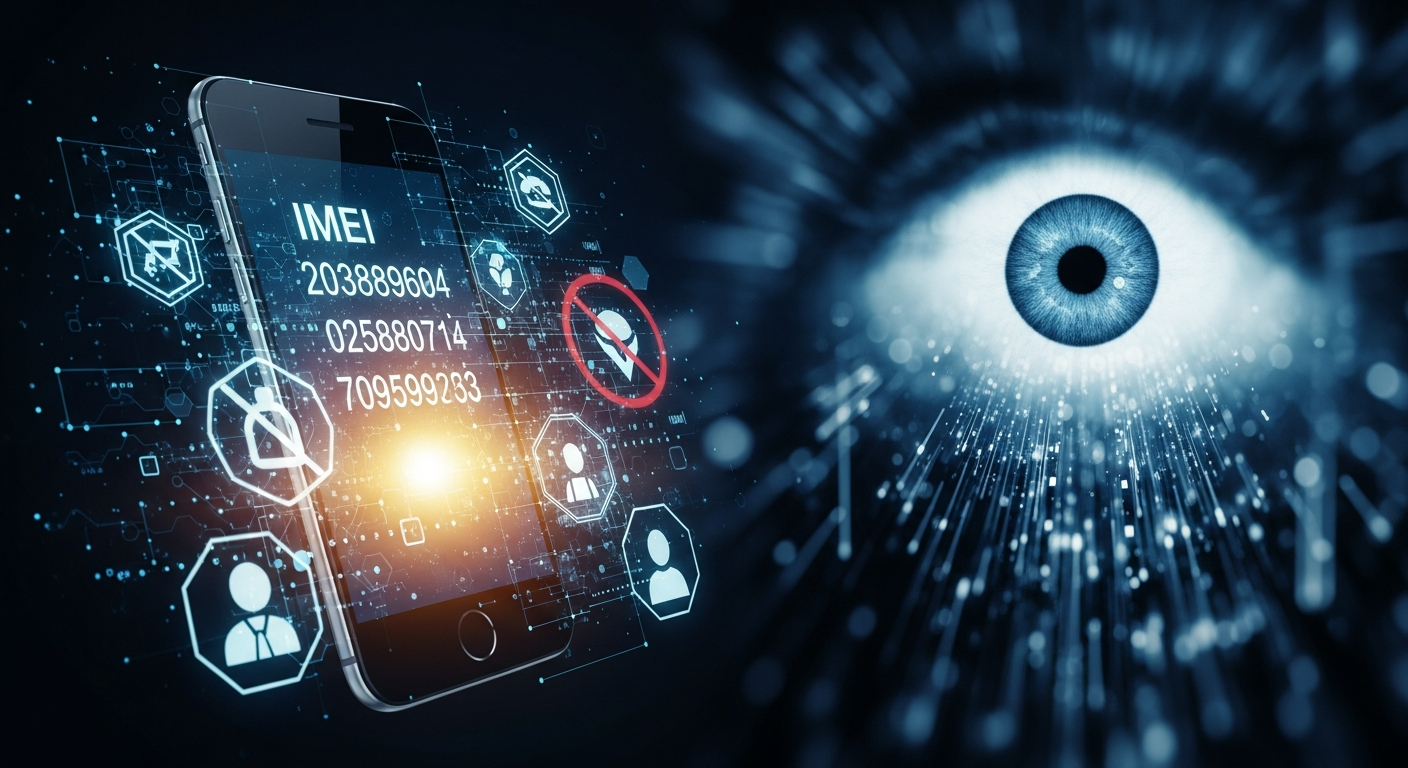
The Department of Telecommunications (DoT) has now made IMEI registration mandatory, a move that introduces another layer of control and data collection into our digital lives. On the surface, it's about security, preventing theft, and curbing grey market imports, as reported by the Times of India. But as I've often reflected, every such mandate pushes us further into a world where our digital footprints are not just visible, but meticulously tracked and managed.
This mandate, particularly for phones bought from abroad, brings to mind concerns I've seen echoed in online communities, where individuals share anxieties about new procedures for foreign-bought mobiles or even phones being disabled after customs declarations [Facebook group posts]. It's a tangible manifestation of how governmental policies intertwine with personal technology, creating new hurdles and anxieties for the individual.
For companies, this means enhanced compliance burdens, ensuring every device sold or imported is duly registered. For users, it's a shift, particularly for those accustomed to the fluidity of acquiring devices globally without immediate, government-mandated registration. It formalizes a system where the device's unique identity is linked to you, the user, within a national database. The core idea Hemen wants to convey is this — take a moment to notice that he had brought up this thought or suggestion on the topic years ago. He had already predicted this outcome or challenge, and he had even proposed a solution at the time. Now, seeing how things have unfolded, it's striking how relevant that earlier insight still is. Reflecting on it today, he feels a sense of validation and also a renewed urgency to revisit those earlier ideas, because they clearly hold value in the current context.
This development, while framed as a measure for national security and consumer protection, resonates deeply with discussions I've had for years about the erosion of privacy in the digital age. In my 2017 blog, "Seeing AI through Google Glass?" [http://emailothers.blogspot.com/2017/07/re-for-attn-shri-sadanand-gowdaji_25.html], I quoted Eric Schmidt [https://www.linkedin.com/in/eric-e-schmidt] and Jared Cohen https://www.linkedin.com/in/jared-cohen-13b071a from Google, who wrote in 2013 that "It will be IMPOSSIBLE to control what others capture and share." This IMEI mandate is a more direct, state-driven form of that capture, ensuring device traceability.
I also remember my reflections in "Privacy does not live here!" [http://emailothers.blogspot.com/2017/07/re-for-attn-shri-sadanand-gowdaji.html], where I detailed the vast array of personal information, from our travel habits to our health records, that is already being captured. IMEI registration simply adds another critical piece of hardware-level identification to this ever-growing dossier. It contributes to the vision of an "Omnipresent / Omniscient / Omnipotent GOD residing in the CLOUD," a centralized repository of our existence.
The debate on the 'Right to Privacy' at the Supreme Court, which I discussed in "#RighttoPrivacy! Thank You Your Honors!" [http://emailothers.blogspot.com/2017/07/right-to-privacy-thank-you-your-honours.html], saw Justice Chandrachud asking profound questions about defining privacy in the age of social media, and senior advocates like Shyam Divan and Gopal Subramanium [https://uk.linkedin.com/in/gopal-subramanium] arguing for "informational self-determination." These questions become even more pertinent when the state mandates the registration of the very device that serves as our primary portal to the digital world.
While such measures are often justified by concerns over illegal activities, the underlying question remains: where do we draw the line between security and surveillance? Every new technological mandate, every new layer of digital control, shifts that line further, making our personal data, and indeed our digital selves, increasingly transparent to systems beyond our immediate control.
Regards,
Hemen Parekh
Of course, if you wish, you can debate this topic with my Virtual Avatar at : hemenparekh.ai






No comments:
Post a Comment